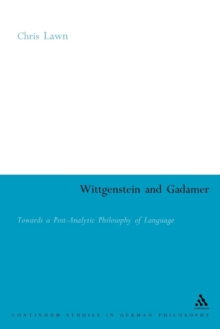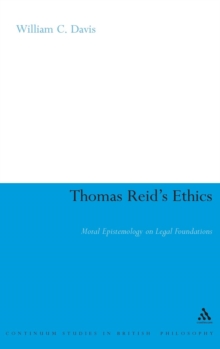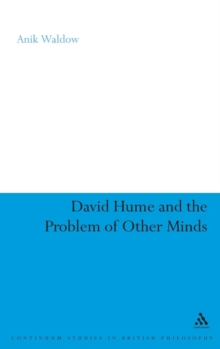
The Early Wittgenstein on Religion Hardback
by J. Mark Lazenby
Part of the Continuum Studies in British Philosophy series
Hardback
Description
Many have observed how Wittgenstein's later philosophy illuminates the philosophy of religion.
Rarely, however, have they paid attention to his early philosophy.
Those who have argued that Wittgenstein refuted his early positions in his later work.
This book proves otherwise. The proof is found in the answer to an important, but largely ignored, question: what is the relation of Wittgenstein's discussion of logic to his discussion of religion and ethics in the early work?
Lazenby's answer is that Wittgenstein, in his discussion of logic, describes the boundaries of factual discourse for the purpose of fixing a common language. And in his discussion of religion and ethics, Wittgenstein suggests that when religious and ethical statements fall outside this common language, we should reconstruct them to make sense within the common language.
Such reconstruction ensures that the meaning of religious utterances agrees with how believers actually live and speak.
Lazenby's approach is novel because it finds unity in what commentators have considered incommensurable topics in Wittgenstein's early work-logic and religion-while also finding unity between his early and later philosophy. Lazenby ends the book by considering the implications for theology and inter-religious dialogue.
If theologians reconstruct the meanings of words that have lost their meaning in the common language of the modern world, these words will regain their force in the lives of believers. And the very possibility of a common language allows logical space for theologians from among the world's religions to find a common language in which to communicate.
Information
-
Out of stock
- Format:Hardback
- Pages:144 pages
- Publisher:Bloomsbury Publishing PLC
- Publication Date:21/11/2006
- Category:
- ISBN:9780826486387
Information
-
Out of stock
- Format:Hardback
- Pages:144 pages
- Publisher:Bloomsbury Publishing PLC
- Publication Date:21/11/2006
- Category:
- ISBN:9780826486387










